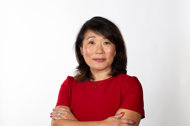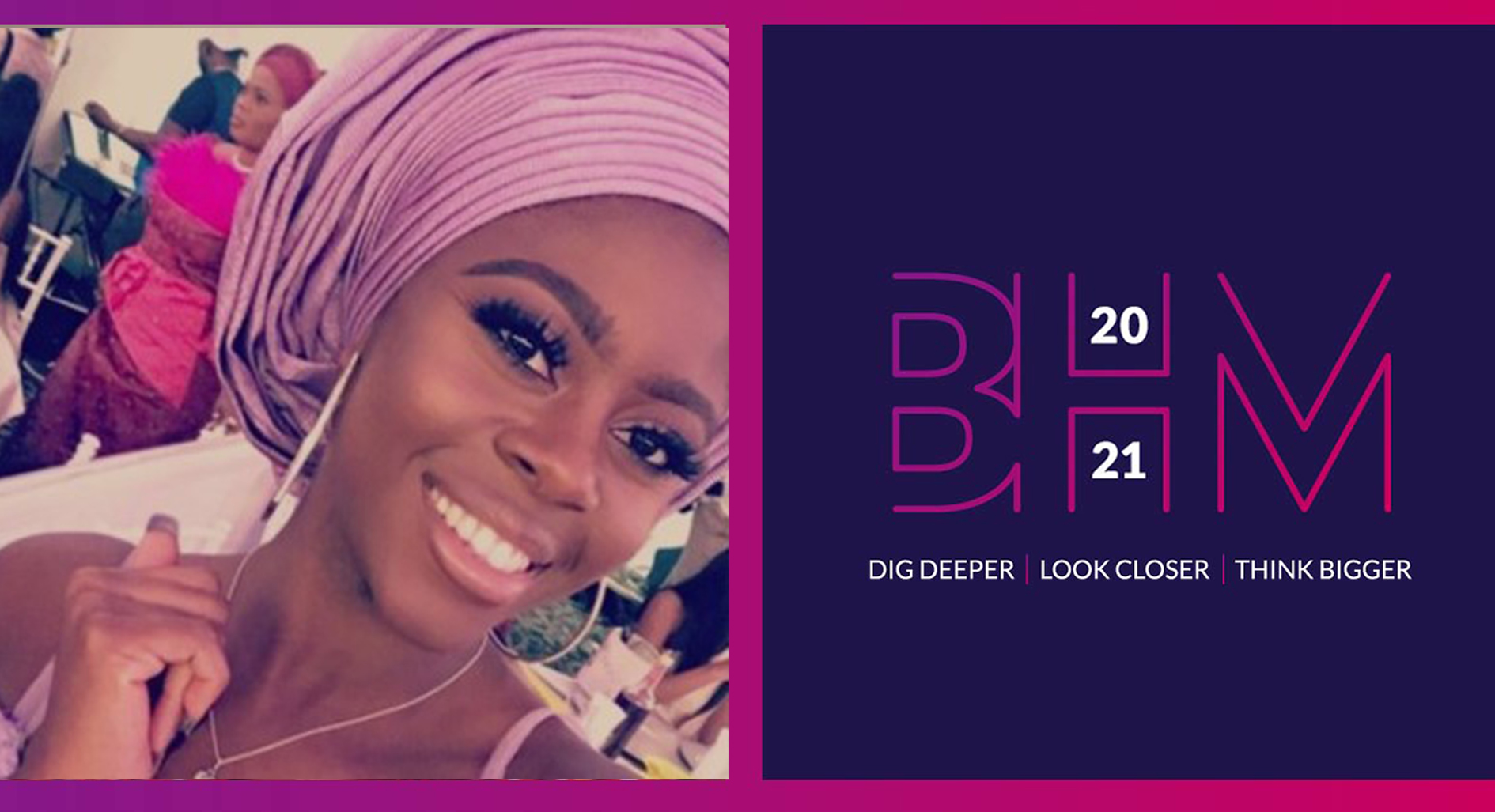DCC's Chief Commercial Officer, Karin Meurk-Harvey is participating in Energy UK's Breaking the Bias in the Energy Industry panel discussion for International Women's Day. Before this event took place we have sat down with Karin to have a conversation about what it is like being a women in the Energy Industry, advice she would give to other women and the role that men play in ensuring equality.
Q. Do you have any particular tips or advice to give other women building their careers?
A. I currently mentor a lot of young women. One bit of advice I always give them is to do something they love for work because then they will be good at it. After finding the path they want to go down, I always advise them to work out what is missing on their CV that will land them their dream job. For example, you might need line management responsibility if you want to go into a senior functional position, so think about how you might be able to collate skills that can showcase you can handle this.
Q. What are some stereotypes that you have experienced and how have you overcome these?
A. One of the biggest prejudices I have come across is when some men, often those I am competing against will say that I only got the role because I was a woman and in one particular case a ‘young woman’. I looked this man straight in his face and asked him how old he was, to which I found out I was in fact actually older. I then listed all my experiences and asked him if he had done each one. His answers were mostly “no” and my list was long. That’s when I told him “That is the reason why I got the job and you didn’t”. This particular man then said that he would be happy working ‘for me’ which was a great achievement considering how our relationship started.
Another example I have come across is when a man raised his voice at me, trying to intimidate me, with the prejudice that women are more likely to ‘cave in’ when experiencing aggressive behaviour.
Nobody, neither men nor women should display aggressive behaviour at the workplace, it is unacceptable and unprofessional. Again, I very calmly told him that I too was very good at screaming and shouting and we could both do that in the meeting if that is what he wanted, however, I preferred to have a professional discussion. He calmed down and we actually had a quite good meeting afterward. He has apologised several times for how he acted in the first meeting.
Q. What are your own experiences of how different workplaces can support women, such as maternity leave and flexible working?
A. I have been in this industry for over 30 years and a lot of things have changed for the better over the years. Being Swedish, where emancipation has come further, my impression of the UK when I moved here 22 years ago, was that it was very far behind the Scandinavian countries, in regards to maternity cover and child care support. The UK however, has caught up over the years with longer maternity leave, many companies offering part-time and flexible working arrangements and support for women to come back to the workplace after a longer period of time at home raising a family.
Another positive development for women is that the expected leadership style has changed substantially over the years, with much more emphasis on equality, collaboration, and authenticity. The biggest difference for me today is that leaders, both men and, women, are celebrated for being themselves, despite seniority and diversity, they are accepted which is very positive.
Q. How have you noticed the industry changing, and the direction it is heading in relation to youth employment?
A. The biggest change that I have noticed in the workplace is that young professionals have much more impact, voice and, influence than before. Nowadays younger new starters are naturally much more digitally native than the older workforce. Senior leaders need their digital skills and ideas on how to transform and implement new ways of working to drive efficiencies and continuous improvements for the company.
Q. Can you give some examples of organisations or schemes that are in place to help women in the industry?
A. There are so many mentoring schemes, networks and, organisations to support women in different stages of their career nowadays compared to when I started my career. At DCC we have a mentoring scheme where people across the business are matched up with a more senior figure, to work together and share knowledge and experience in order to help each other develop.
Q. What role do you think men play within the energy industry to ensure equality?
A. Men hold the most important role to ensure equality since they are still in majority in the industry.
A lot of men have supported my career and made it possible for me to be where I am today. A great example of this is Angus, our CEO that has an equal split of men and women in his ExCo, which is often unusual to find in the tech and energy industry sector.
Q. Have you noticed any particular impact on women during Covid19 (in the workplace) and how do you think we can progress towards equality?
A. It was extremely tough for parents with young children during lockdown, juggling a full day of work online with home schooling and housework to get on with, without any outside help. I am really in awe of these parents. This seemed to affect women more than men, as women tended to take on more responsibility of the home schooling and child care during the day. This then meant that often they were trying to catch up on work during the evenings to keep up. Having said that, I also have a lot of examples of great men that shared the responsibility equally with their partners. Progressing towards equality for women with children starts with a society that supports family with childcare financially, so women can go back to work (if they want to) and know that they can afford good childcare.

Karin Meurk-Harvey
Chief Commercial Officer
Further reading






